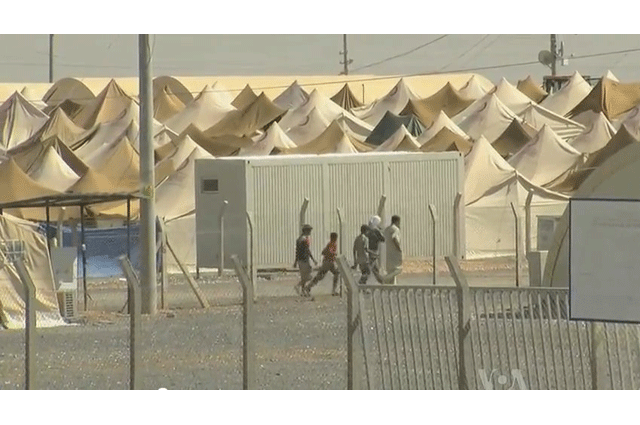While several European nations are being praised for accepting thousands of Syrian refugees, Japan has drawn heated criticism for refusing to do so.
The Asian nation, and third largest global economy, has pledged $200 million in aid to those fleeing from the war-torn Middle Eastern country. However, it has been reluctant to offer any space for them: According to Amnesty International, Japan has taken in no refugees at all; meanwhile, the tally from the Japan Association for Refugees – three in 2013 – offers a somber correction.
Last week, as reported by the Washington Post, left-leaning Japanese newspaper the Mainichi Shimbun ran an editorial that criticized the Japanese government’s stance on the issue, saying, “There are things Japan can do … Japan is called ‘a country with a closed-door for refugees.’ We should change this closed nature and consider accepting refugees from conflict zones proactively … Figuring out how to tackle this humanitarian crisis is not an issue only for Europe.”
Shogo Watanabe, a Japanese immigration lawyer, was quoted in the Business Insider as saying that Japan’s “low recognition rate” of asylum seekers “is shameful.”
The Japanese foreign ministry, meanwhile, is countering such criticisms by saying it is “cooperating” with aid organizations and other countries who are devoting resources to the issue. A ministry official was quoted by The Guardian as saying: “We are watching the situation very closely and considering what Japan can do in cooperation with the international community, including the United Nations … We are aware of the large exodus of refugees from the Middle East and Africa and that many lives have been lost. We’re paying close attention to appeals for assistance.”
That article also featured comments from the Japan Association for Refugees executive director Hiroaki Ishii, who said his country’s closed-door policy could change, before adding: “There are definitely discussions going on,” amongst Japanese officials about that possibility. However, he went on to say that such timid measures are entirely insufficient, before adding: “Japan should be leading the Asia-Pacific region in addressing the refugee crisis.”
—Kyle Mullin
Image: Wikimedia Commons









